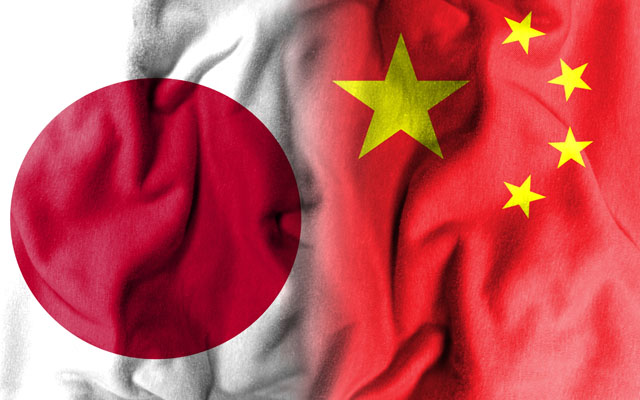Chinese outbound travel to Japan could face a downturn amid an escalating row between the two countries over Taiwan.
Japanese prime minister Sanae Takaichi sparked the war of words on November 7 with a comment in a parliamentary meeting that if a Chinese attack on Taiwan posed an existential threat to Japan, it could trigger a response by Japan’s self-defence force.

Her remark immediately drew ire from Beijing, and China’s foreign ministry on Friday urged Chinese nationals to avoid travelling to Japan for the time being. The statement was followed by pleas from both the Hong Kong and Macau governments for their citizens to exercise caution while in Japan.
Takahide Kiuchi, executive economist at Nomura Research Institute, estimates that China’s travel alert could cause economic damage of 2.2 trillion yen (US$14 billion) to Japan. The impact is already being felt.
Spring Japan, a low-cost carrier that operates flights between Narita International Airport and seven destinations in China, has received more than 200 inquiries from Chinese tourists about cancelling their flights since the travel alert. The airline served some 21,000 passengers, with a seat occupancy of more than 90 per cent during China’s National Day holidays in October.
Chinese airlines including Air China, China Eastern and China Southern, have begun offering free cancellations for flights to and from Japan until December 31.
Furthermore, Chengdu-based Sichuan Airlines has cancelled plans for a Chengdu to Sapporo route until at least March 2026, according to Chinese state media.
China is Japan’s largest source market for tourism, accounting for 23.7 per cent of all inbound visitors. In the first nine months of this year alone, Japan welcomed 7.48 million Chinese travellers, according to the Japan National Tourism Organization.

















